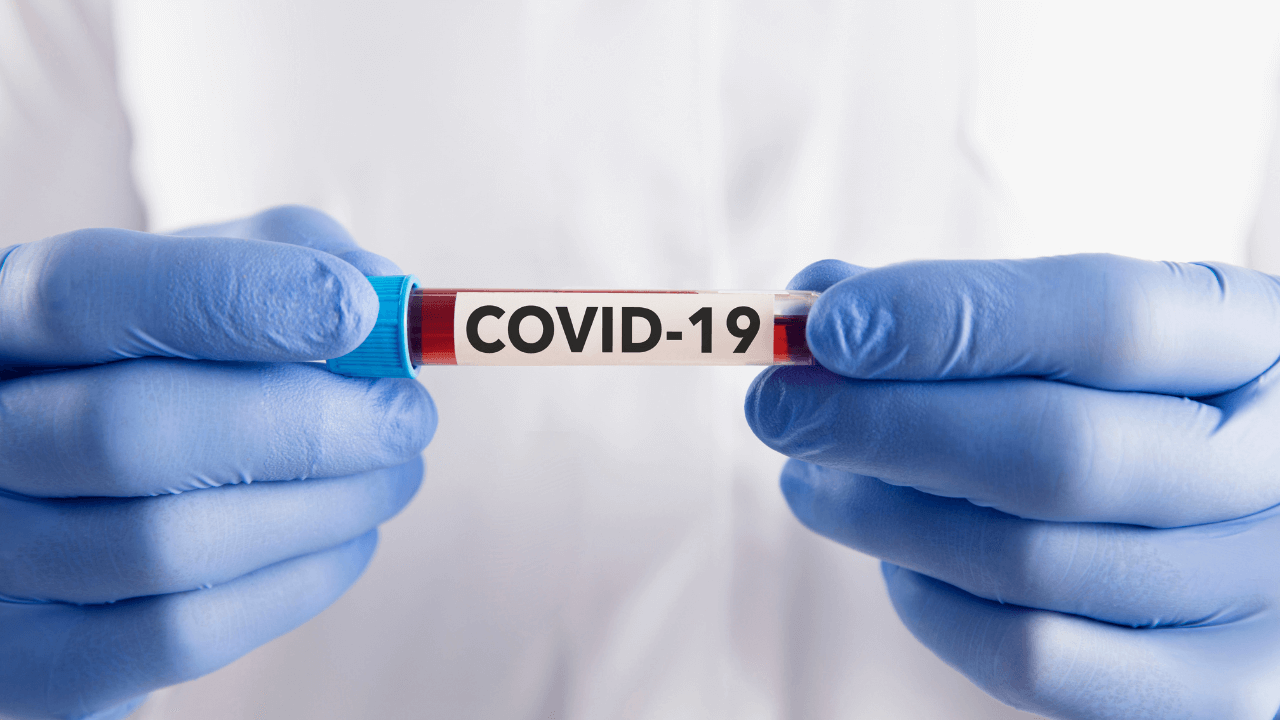
On October 25, 2021, the White House announced new travel policies governing non-immigrant air travel to the United States effective November 8, 2021. In its “Proclamation on Advancing the Safe Resumption of Global Travel During the COVID-19 Pandemic,” the White House removed country-specific travel restrictions on air travel to the U.S., and replaced it with new regulations based on vaccination status.
This means that starting from November 8, 2021, travelers flying from previously restricted countries such as China, Iran, the Schengen Area, and India can now travel to the U.S., as long as they are fully vaccinated or otherwise meet the exemption criteria.
It is also important to note that these new policies only apply to air travel to the United States. Travelers driving across the border from Mexico or Canada will be subject to different restrictions.
1. Who can now fly into the U.S.?
Nonimmigrant foreign nationals (Non-U.S. citizens) who are not fully vaccinated cannot fly into the U.S., except those who qualify under the exceptions (see below question 2).
Fully vaccinated foreign nationals can travel to the U.S. by showing proof of full vaccination and a negative COVID-19 test taken no more than 3 days before travel.
US citizens, lawful permanent residents (LPR), and foreign nationals coming to the U.S. on immigrant visas can enter the U.S. even if they are not fully vaccinated. They also must meet COVID-19 testing requirements in order to fly to the U.S.
Fully vaccinated travelers must present proof of vaccination and a negative COVID-19 test no more than 3 days before travel, and non-fully vaccinated travelers must present a negative COVID-19 test no more than 1 day before travel.
2. What are the exceptions to this restriction?
Certain groups of people are exempt from the full-vaccination requirement for air travel into the U.S. These people can enter the country with proof of a negative COVID-19 test taken no more than 1 day before travel. However, upon entry, these individuals must follow special requirements (see below question 3).
- Foreign government officials or immediate family members of officials (A, C, TECRO/TECO employee E-1, G, or NATO visa holders) seeking entry or transit through the United States.
- Representatives of the United Nations or those otherwise coming into the United States to pursue their obligations with the UN.
- Children of an age for which vaccines are not available.
- Foreign nationals who have participated (or are participating) in COVID-19 clinical trials.
- Foreign nationals with conditions that make them medically exempt from all accepted COVID-19 vaccines, as determined by the CDC.
- Foreign nationals flying in from countries where vaccines are not readily available (except for visitors on B-1 or B-2 visas).
- S. army members and their families.
- Sea crew members on a C-1 or D nonimmigrant visa, who comply with industry standard COVID-19 protocols.
- Foreign nationals who are granted exceptions by the CDC for humanitarian or emergency reasons, or those whose entry is deemed by the government to be “in the national interest.”
3. What are the requirements for non-fully vaccinated people granted entry?
Specific requirements will be announced by the CDC, but this may include requiring travelers to undergo pre-departure COVID testing, wear masks during the flight, present post-arrival testing plans, and present self-quarantine plans in accordance with CDC guidelines.
In addition, non-fully vaccinated travelers allowed entry into the U.S. must make arrangements to become fully vaccinated within 60 days of arriving in the United States (or as soon as medically appropriate, as determined by the CDC), unless one of the following applies:
- The traveler’s stay is sufficiently brief;
- Children ineligible for vaccination;
- Foreign nationals participating in COVID-19 clinical trials;
- Medically exempt individuals;
- Foreign government officials and their families (A, C, TECRO/TECO employee E-1, G, NATO visa holders) and UN representatives or affiliates, who have been vaccinated in their country of origin;
- Those otherwise determined by the CDC that vaccination should not be required.
4. What does this mean for visa processing in previously restricted countries?
The lifting of country-specific travel restrictions means that the Department of State will begin to process visa applications for individuals physically present in the affected countries.
However, this does not necessarily mean that every local U.S. embassy or consulate will immediately begin to schedule visa interviews. It is important to keep an eye out for further announcements from each particular consulate.